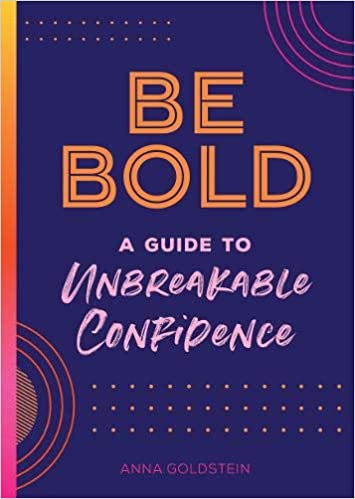At this time of year, there are all sorts of emotions that arising and if we can strengthen our inner world, our inner resources, and emotional fitness, aside from the content or context of our lives — the things that are going outside of us, if we develop tools to become more conscious and aware we can live a happier, more peaceful and fulfilled life. Which let’s be honest, we all want more of this.
In particular today, I want to focus on how you judge yourself and others, and how judgment can be a destroyer of happiness. You might judge yourself for showing up to another Thanksgiving without a romantic partner, or without pursuing your dream/aspiration of having your own business. You could be judging yourself about your weight or health, or whatever you didn’t accomplish this year that you want to be different. You might judge others, your family for your unmet needs or wishing others to be different and judging the way the way they are living their lives. And when you judge yourself or others harshly — you might also notice some anger there. I think of anger as judgment’s best friend. Anger is often a byproduct of judgment.
And then the ultimate judgment — judging ourselves for judging. I want to be clear that this is not an exercise to make judgment wrong or make ourselves wrong but it’s the very opposite. Can I bring loving presence and mindfulness to whatever is arising WITHOUT judgment? Can I create some space between the feelings, thoughts, and sensations that arise? How to bring in more love to the table?
I want to share a story with you that I heard when I attended the psychotherapy networker event here in WashingtonD.C. I had the opportunity to see one of my favorite spiritual teachers Jack Kornfield. He is the author of one of my favorite books, A Path with Heart. He grew up in very difficult conditions and in his early adulthood, he went to Thailand to study Buddhist meditation. He is known for combining his spiritual teachings with Western Psychology.
At the event I attended several months ago, Jack Kornfield told a story and that stuck with me about mindfulness and during dealing with difficult sensations — and I want to share with you. He told a story about a young Marine with deeper anger issues who he worked with to feel into his body in such a way that he was able to to be more aware of when his anger was triggered. Through ‘coming back to his senses’, he was able to create a conscious space in which all his reactions could be experienced from enough distance to allow a sort of loving calm in the middle of his storms.
Here’s here’s this how the story goes:
“The soldier was at the supermarket at the end of a tough evening, the lines were long, and a couple people ahead of him was a woman holding a baby with too many items in her cart. This triggered his anger immediately and his mind raged with angry assessments: “I’m exhausted, these lines are ridiculous, she shouldn’t be in the express lane but of course she doesn’t even think about where she is…” To make matters worse, the woman hands the baby over to the cashier, another woman who cooed and snuggled, and so the line was held up even longer. And the officer suddenly realized, “Oh! This is anger!” and he started to breathe deeply, sense his tense, contracting body, observe his pain and anguish, and become aware of the stories he was telling in his mind. In a few moments, something in him started to relax and open. He looked out again and saw that, oh, he’s actually a cute kid.
When he got up to the cashier, he said, “That was a cute little boy.”
“Oh, did you like him?” she said, “He’s my boy. You see, my husband was killed in Iraq last year, so now I have to work two jobs now. My mom takes care of him and she brings him in so I can say goodnight to him.””
This story makes me quite emotional because we’re so quick to judge — to come to decisions or conclusions about ourselves or others. Especially at a busy time of year, when we’re moving into the holidays and we might have to wait in long lines and we can easily see the judgemental mind rearing its head. And we can just begin to notice the quality of a judgemental mind — it’s agitated. “Why is this person in the express lane when they should have been in the other lane.” Or judging ourselves “I ate too much food. What’s wrong with me?”
There’s a little process that this story about the Marine illustrates. Which is first to name the emotion. Whether that be “anger” to name the anger. The second step is to notice the sensation in the body. Notice how the body is contracting or feel into any tight sensations. The third step is just to observe the inner dialogue which is typically negative and to see if you can become aware of your thoughts with some space around it. Can you start to relax and open? Is there an opportunity to say something kind to someone like the Marine did, “Oh that’s a cute little boy,” or maybe say something kind to yourself. Can you take a deeper fuller breath?

Search
Popular Posts
- 02 Mar 2008The Flowering of Human Consciousness 7 Comments
- 01 May 2014Using Visualization to Create What You Want 7 Comments
- 26 Mar 20133 Questions to Change Your Career 4 Comments
- 14 Mar 2014I walked on Fire! 4 Comments
- 29 May 2014How to Bust Through Your Fear 4 Comments

